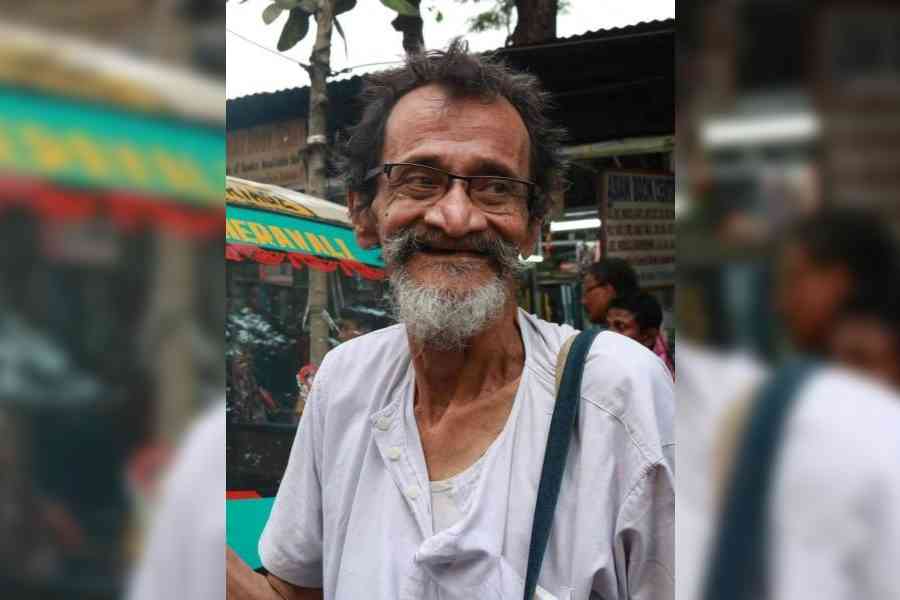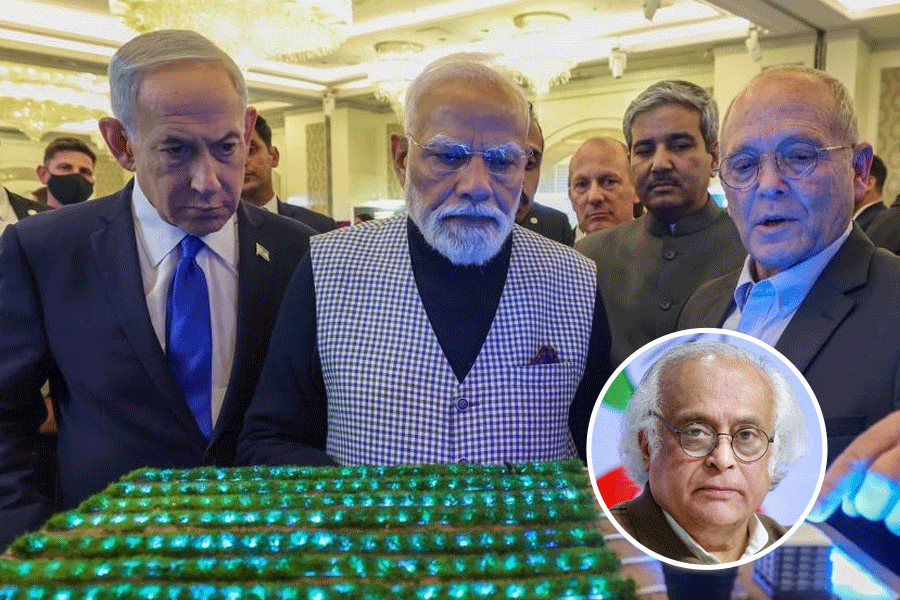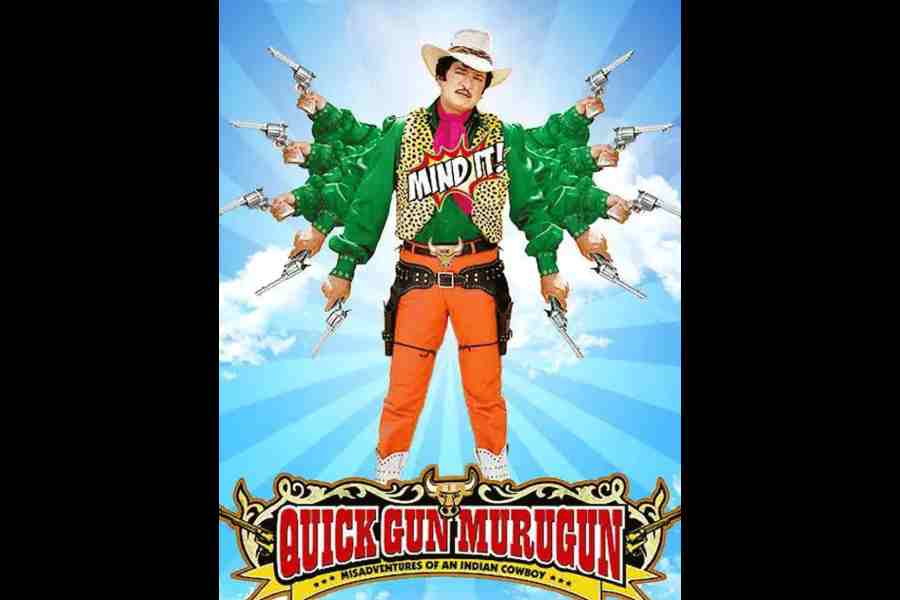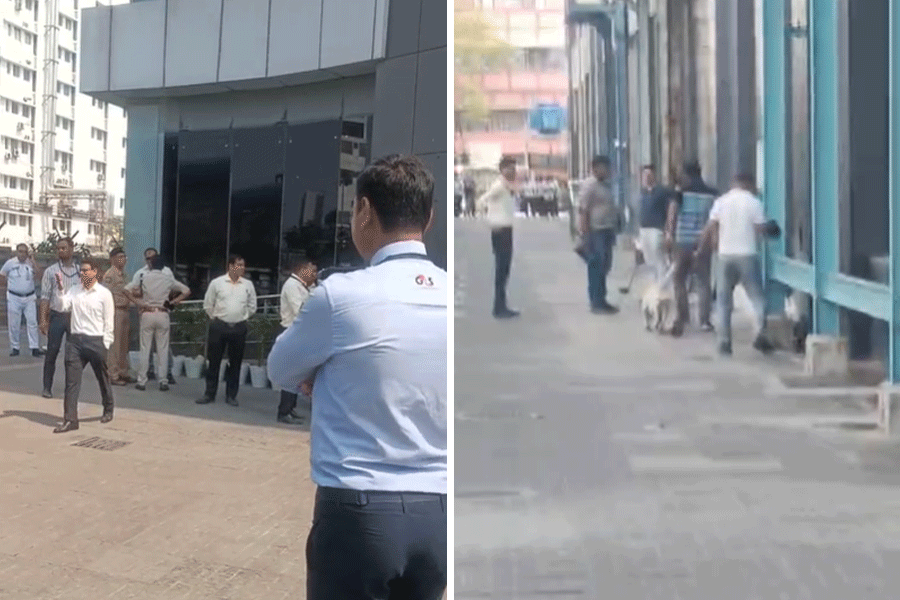Naxalite leader and author Azizul Haque passed away on Monday afternoon after prolonged illness. He was 85.
He had been undergoing treatment at a private hospital in Salt Lake, Calcutta, where he suffered a cardiac arrest early in the morning.
Haque was a founding member of the CPI (Marxist–Leninist) and a key figure in organising the Naxalbari movement. After Charu Majumdar’s death in 1972, the leadership of the CPI (ML)’s central committee fell on Haque, cementing his place in India’s radical Left movement.
Haque’s name remains etched in the history of Left politics — not only for his activism but also for his political writings and theoretical contributions.
His books Jailkhanar Notebook and Karagare 18 Baar offer searing accounts of his prison years, shedding light on the brutal treatment of political prisoners. In vivid detail, he described physical and psychological torture, the killing of fellow inmates, deplorable jail conditions, and the cruelty of the state machinery.
Born in 1942 in Ranmahal village in Howrah’s Uluberia, Haque moved to Calcutta for his education, where he met Nandagopal Bhattacharya, who introduced him to Bishwanath Mukherjee that marked the beginning of his Left-wing activism. Aged 17, he joined the undivided CPI.
Initially close to Jyoti Basu through mass movements, Haque later opposed Basu’s political line and gravitated toward Majumdar’s revolutionary ideology — an allegiance that led to his expulsion from the CPI(M).
Following the eruption of the Naxalbari uprising, Haque began organising the movement in the Sunderbans. He was arrested during a sweeping police crackdown in 1970. He was released in 1977 after the Left Front government came to power. Haque was rearrested in May 1982, as his faction continued to propagate the doctrine of annihilating class enemies. He was released in 1989.
In later years, Haque distanced himself from direct political engagement but stayed committed to Leftist ideals through writing. He established the Bhasha Shaheed Smarak Samiti in Calcutta and regularly gave political commentary to various Bengali newspapers.
CPI(M) veteran Sujan Chakraborty said: “Azizul Haque will be remembered for his uncompromising struggle. He was truly a warrior-intellectual and a unique soldier of the Left movement.”
Chandan Sen, senior CPI leader and renowned playwright, once close to Haque, told The Telegraph: “He (Haque) used to change his political stand from what he had earlier said or believed. He was a staunch critic of the Left Front, but his rebellious nature gradually faded.... In the end, his repeated political shifts cost him credibility as a follower of Charu Majumdar.”
Chief minister Mamata Banerjee condoled his death. “I express deep grief over the demise of veteran politician Azizul Haque. Azizul Haque was a fighter, a struggling leader. He never bowed his head in his long political life. My deepest condolences to his bereaved family and associates,” she wrote on social media.










